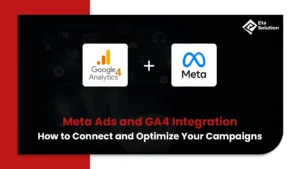
Blogging vs. Content Marketing: Key Differences and Advantages
Digital marketing is now bustling with people & there’s barely standing room left. Do you want to gain visibility and authority online at the same time? If yes, then you might find yourself stuck in a question: Should you opt for Blogging vs Content Marketing? Blogging & content marketing serve distinct purposes & bring the best results when put together.
Read the article to explore the key differences between blogging and content marketing & how you can strategically blend both to gain maximum impact.
Blogging: In a Nutshell
Blogging is not a new term in marketing. It is an old but gold practice of regularly publishing written content. This is typically in the form of articles to engage an audience, establish authority, and drive organic traffic to a website. Your blogs often serve as an information hub where you can share insights, industry news, thought leadership, and much more.
Why should Companies use blogs?
- To improve search engine rankings by incorporating relevant keywords.
- To educate their audience about industry trends, products, & services.
- To drive traffic to their website through SEO-optimized content.
- To engage with readers through comments & discussions.
Here is an example:
A technology company might run a blog that covers topics such as cybersecurity tips, new software trends, troubleshooting guides, and many more. The purpose behind it? Position the company as an industry leader, but also attract potential customers who are in search of solutions.
Content Marketing: In a Nutshell
Content marketing is an all in one strategy that has various types of content, including blogs, but also incorporates videos, infographics, podcasts, webinars, case studies, and more. The goal of content marketing is:
Nurture customer relationships,
Build brand authority,
And drive conversions through valuable, relevant, & engaging content.
Thinking that content marketing is not just about publishing? Think again. It involves strategizing, distributing, and promoting content to the right audience. Businesses make the most effective use of content marketing in order to:
- Increase brand awareness through diverse content formats.
- Generate and nurture leads.
- Build trust and credibility by providing valuable resources.
- Drive customer engagement across multiple platforms.
Here is an example:
A fashion brand may use a mix of content. Such as Instagram reels, YouTube tutorials, email newsletters, and blog articles to educate their audience on styling tips, fashion trends, & sustainable clothing choices.
Blogging vs. Content Marketing: Key Differences
- Without any doubt, blogging is the heart & soul of content marketing; their goals, objectives, and methods may differ.
- Scope: While content marketing has a variety of content formats, such as podcasts, e-books, and videos, blogging primarily concentrates on written content.
- The goal of blogging is to educate and captivate readers, whereas the purpose of content marketing is to strategically influence consumer behavior.
- Promotion: While content marketing has paid promotions, social media marketing, and email campaigns, blogs mainly depend on organic traffic generated by SEO.
- Lead Generation: While content marketing is more conversion-focused and frequently incorporates gated content and call-to-actions, blogging indirectly produces leads by increasing website traffic.
- Distribution Channels: While content marketing uses a variety of channels, such as social media, email, and sponsored advertisements, blogging primarily depends on search engines and website visitors.
Blogging vs. Content Marketing: The Advantages
Advantages of Blogging:
- A marketing tool that won’t break your bank: Blogging is an inexpensive method of increasing SEO and drawing in natural traffic.
- Builds authority brick by brick: By sharing industry insights and valuable information, businesses can establish themselves as thought leaders.
- Increases the amount of time spent on a website: By spurring readers to explore extra pages, well-written blog posts lower bounce rates.
- Improves search rankings: Consistent blogging in conjunction with SEO optimization raises a website’s exposure on Google and other search engines.
Content Marketing Advantages:
- Hit the big time in engagement: Interactive content, infographics, and videos do better on social media.
- Greater lead conversion: Prospects are fostered and turned into paying customers with the aid of targeted content.
- A higher brand credibility: A thorough content marketing plan establishes a company as a pioneer in its field.
- Multi-platform reach: In order to optimize audience engagement, content marketing makes use of a variety of platforms.
Blogging and Content Marketing Comparison: Tips for an Effective Strategy
Instead of choosing between blogging and content marketing, businesses should integrate both marketing strategies to amplify their impact.
- Create a Calendar of Content: To keep things consistent, schedule a variety of case studies, videos, blog entries, and social media posts.
- Repurpose Content: Transform longer blog posts into podcast episodes, infographics, or brief social media posts.
- Make your website SEO-friendly: To produce content that ranks highly in search results & attracts organic traffic, conduct keyword research.
- Include CTAs: Whether it’s downloading an e-book or signing up for a newsletter, there should be a clear call to action in every piece of content.
- Take advantage of Analytics to monitor content performance and maximize subsequent efforts. Use tools such as Google Analytics and SEMrush.
Example:
A digital marketing agency can create a detailed blog post on “How to Increase Website Traffic,” then repurpose the content into a LinkedIn post, an email newsletter, and an explainer video.
Common Mistakes to Avoid in Blogging and Content Marketing
- Neglecting SEO: Even the best content is ineffective if it doesn’t appear in search results.
- Publishing Without a Strategy: Random blog posts without a clear content marketing plan can lead to inconsistent messaging.
- Ignoring User Intent: Content should align with audience needs rather than just pushing sales.
- Lack of Promotion: Publishing content without promoting it through social media, email, or paid ads limits its reach.
- Focusing on Quantity Over Quality: High-value, well-researched content performs better than frequent but low-quality posts.
When to Use Blogging vs. Content Marketing
- Ride the wave of blogging when
- Your goal is to increase website traffic through organic search.
- You want to establish authority in your niche.
- You need a cost-effective way to engage your audience.
- Ride the wave of content marketing when
- You aim to nurture leads and drive conversions.
- You want to reach audiences through multiple platforms.
- You are focused on storytelling, brand awareness, and customer loyalty.
Conclusion
Ultimately, blogging & content marketing are not the marketing strategies that compete against others, but the ones that act as complementary. Businesses that successfully make use of both can drive traffic, engage audiences, and boost conversions effectively.
For companies looking to refine their blogging and content marketing strategy, Eta Marketing Solutions provides expert content marketing services designed to enhance online visibility and generate leads. Whether you need SEO-optimized blog content or a multi-channel content marketing approach, Eta Marketing Solution helps businesses maximize their digital potential.
Are you ready to take your content strategy to the next level? Let Eta Marketing Solutions guide you toward measurable success.
Global popularity and usage of different content types:
| Content Type | Key Stats | Source |
|---|---|---|
| Blogs |
83% of internet users read blogs regularly 90% of businesses use blogs Websites with blogs get 67% more leads | masterblogging.com, inwebmastro.com |
| Videos |
80%+ of global internet traffic is video 69% prefer videos for learning 87% of marketers report increased traffic | gitnux.org, colorwhistle.com, narrato.io |
| Podcasts |
62% of Americans (12+) have listened to a podcast 50% of marketers use them $4.02B global podcast ad spend in 2024 | meetanshi.com |
| eBooks | 47% of marketers say eBooks/guides are among the most popular formats | colorwhistle.com |
| Infographics |
Used by 45% of content marketers Demand increased 800% in the past year | colorwhistle.com, neilpatel.com |
| Case Studies |
78% of B2B buyers rely on them 70% of B2B marketers publish them to build trust | colorwhistle.com, inwebmastro.com |
| Email Newsletters |
88% use email daily $36 ROI per $1 spent 81% of B2B marketers use newsletters | shopify.com, contentmarketing.io, colorwhistle.com |
Yes, blogging is one of the most common forms of content used in content marketing. It serves as a tool within a larger content marketing strategy.
Absolutely. Content marketing can involve videos, podcasts, ebooks, social media content, webinars, and more. Blogging is just one of many options.
Blogging is great for SEO because it allows you to target keywords and provide fresh content. However, a full content marketing strategy amplifies your SEO results by incorporating other high-value formats and backlink opportunities.
Consistency is key. Aim to blog at least once a week if possible. The frequency depends on your goals, resources, and audience needs.

What started as a passion for marketing years ago turned into a purposeful journey of helping businesses communicate in a way that truly connects. I’m Heta Dave, the Founder & CEO of Eta Marketing Solution! With a sharp focus on strategy and human-first marketing, I closely work with brands to help them stand out of the crowd and create something that lasts, not just in visibility, but in impact!





